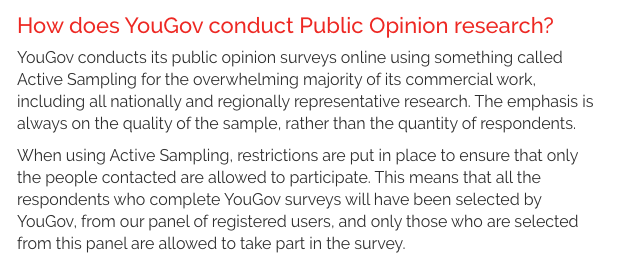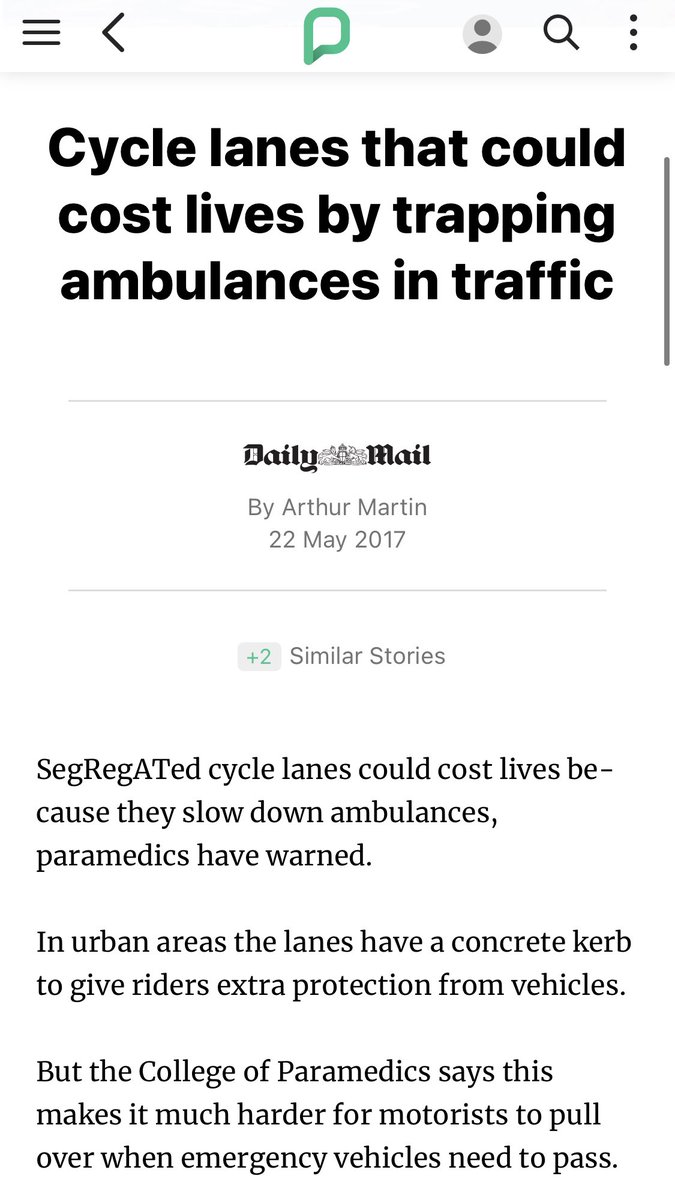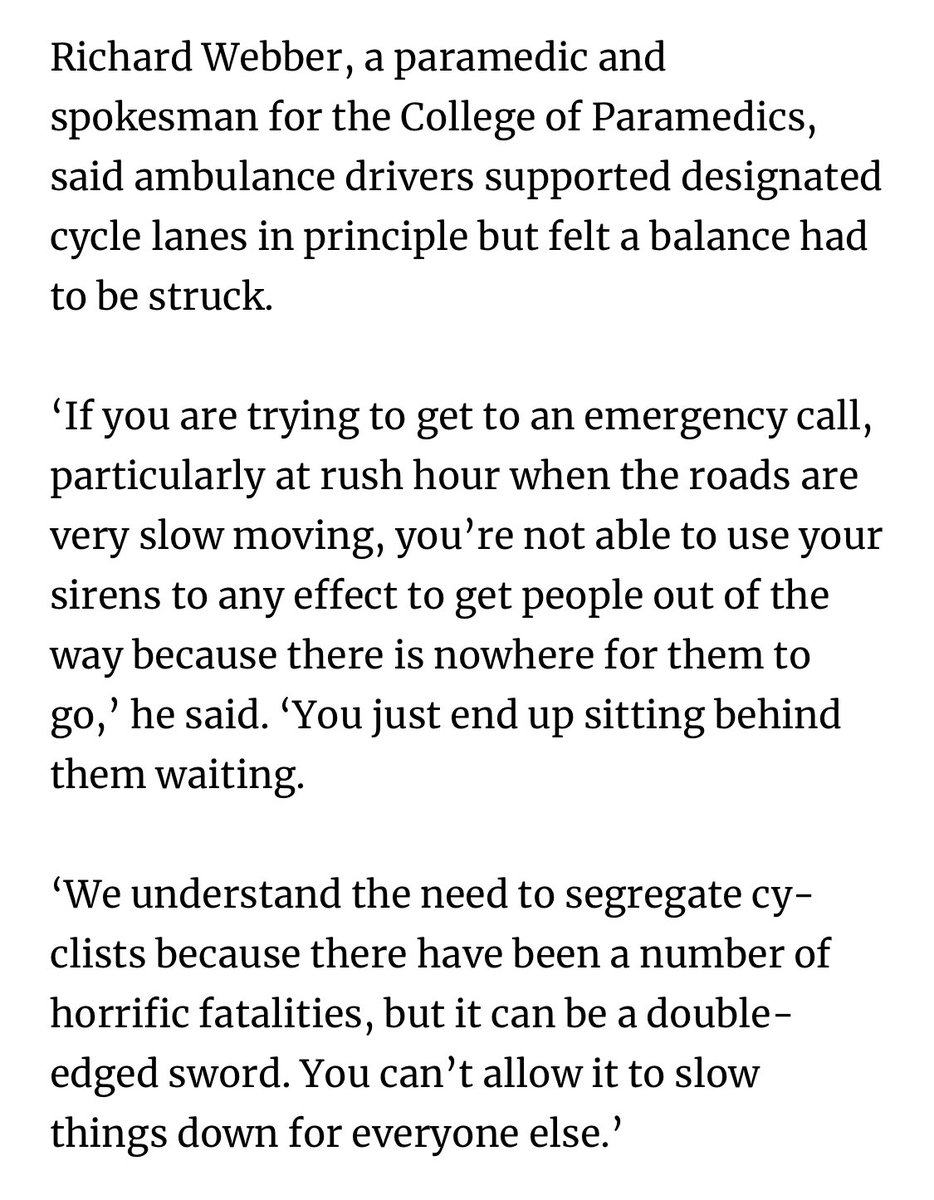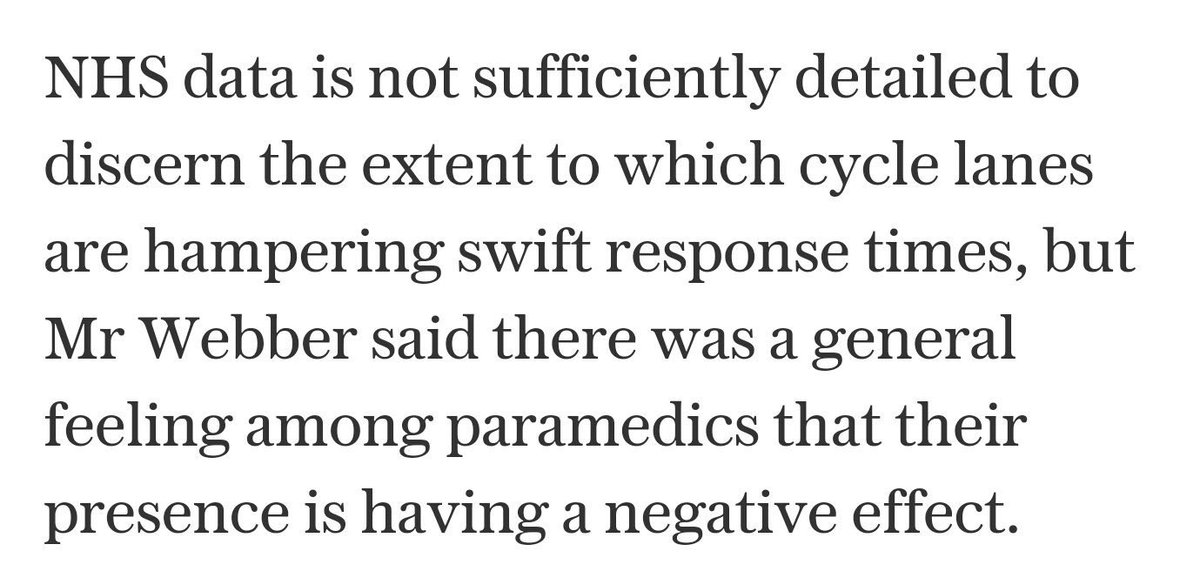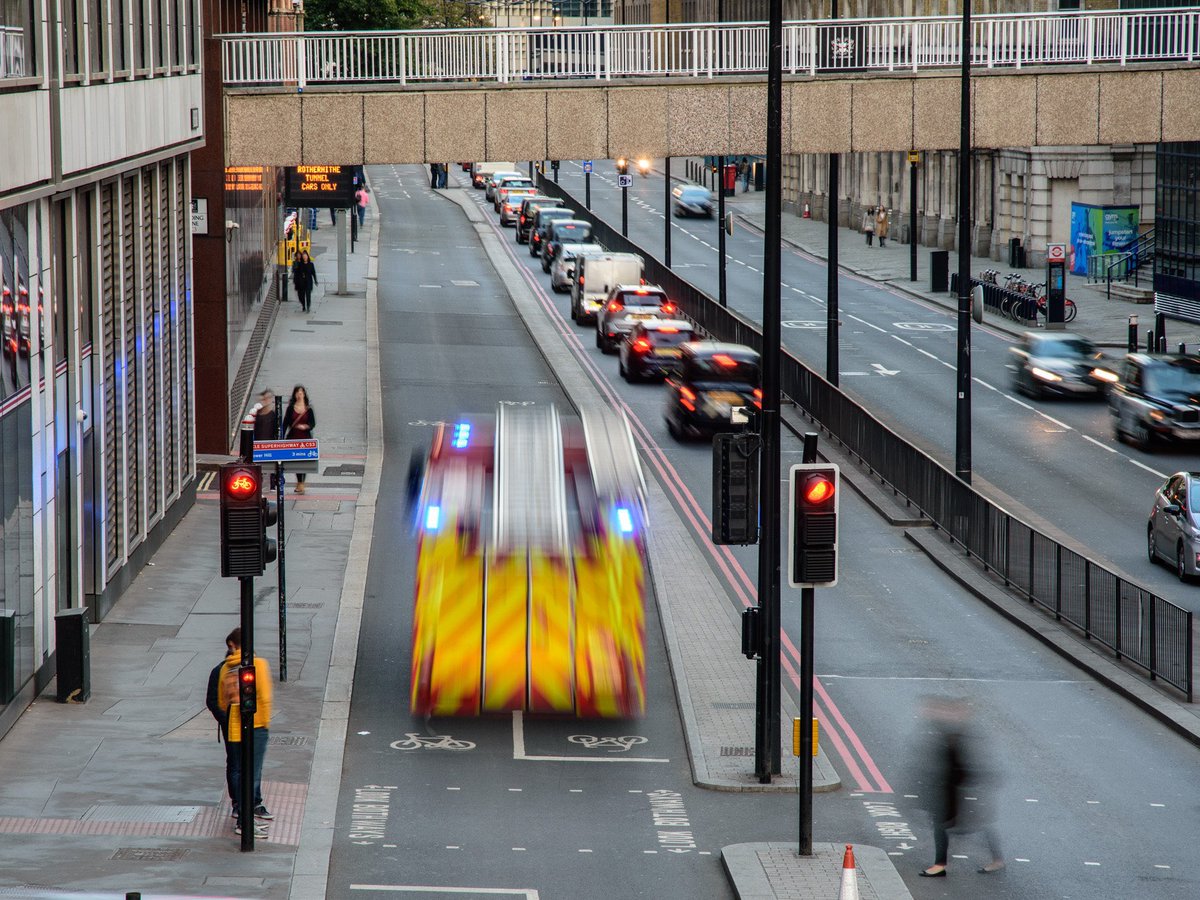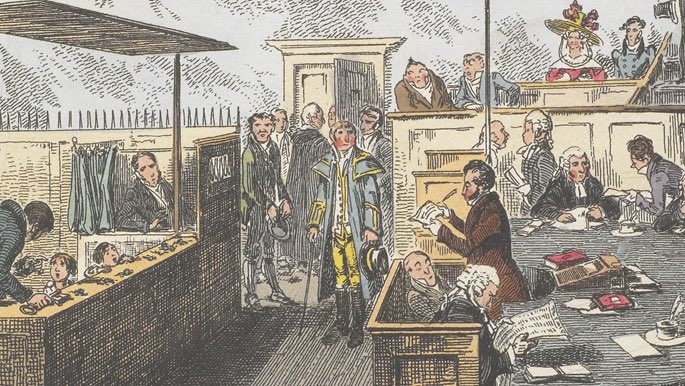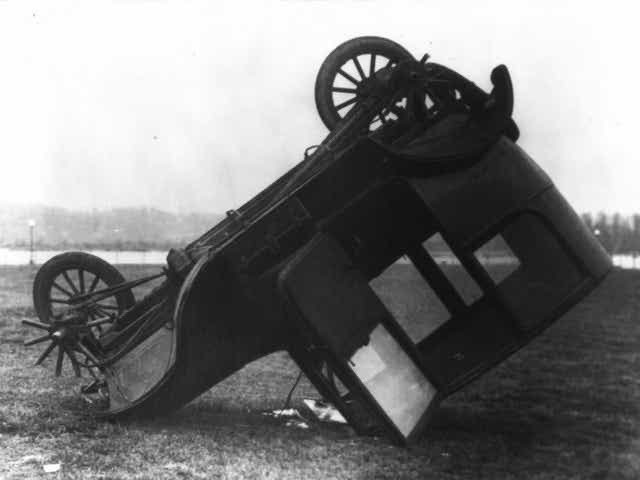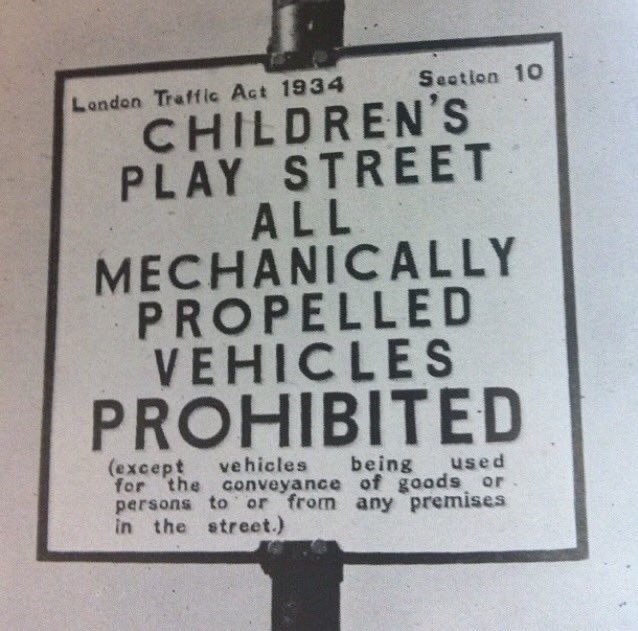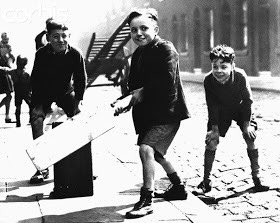
THREAD: Today, between 1200-2500 people marched against #LTNs in Ealing. In doing so, they inadvertently demonstrated why they are essential.
In London, 36% of car journeys could be walked in under 25 mins. Human-powered transport is very space-efficient.
In London, 36% of car journeys could be walked in under 25 mins. Human-powered transport is very space-efficient.
If the same amount of people had used cars at the London average occupancy rate (1.3), it would have looked something like this (pics represent approx. 923 or 1,923 cars). With 1m in between each car, this number would stretch nearly 7km or 14km of road - some traffic jam! 

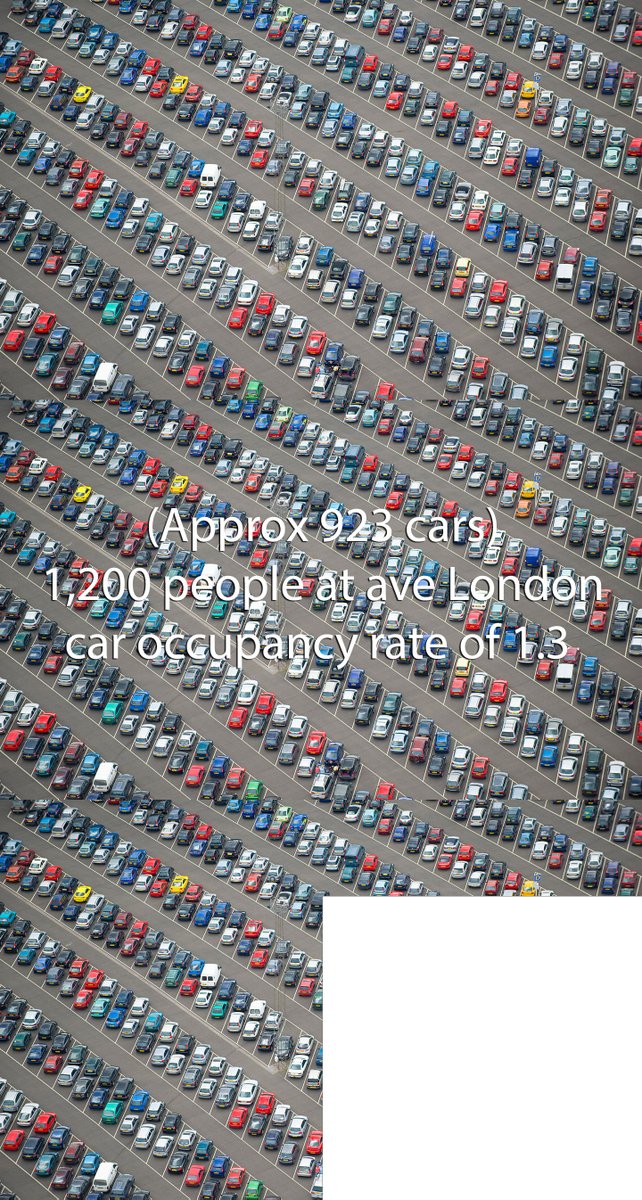
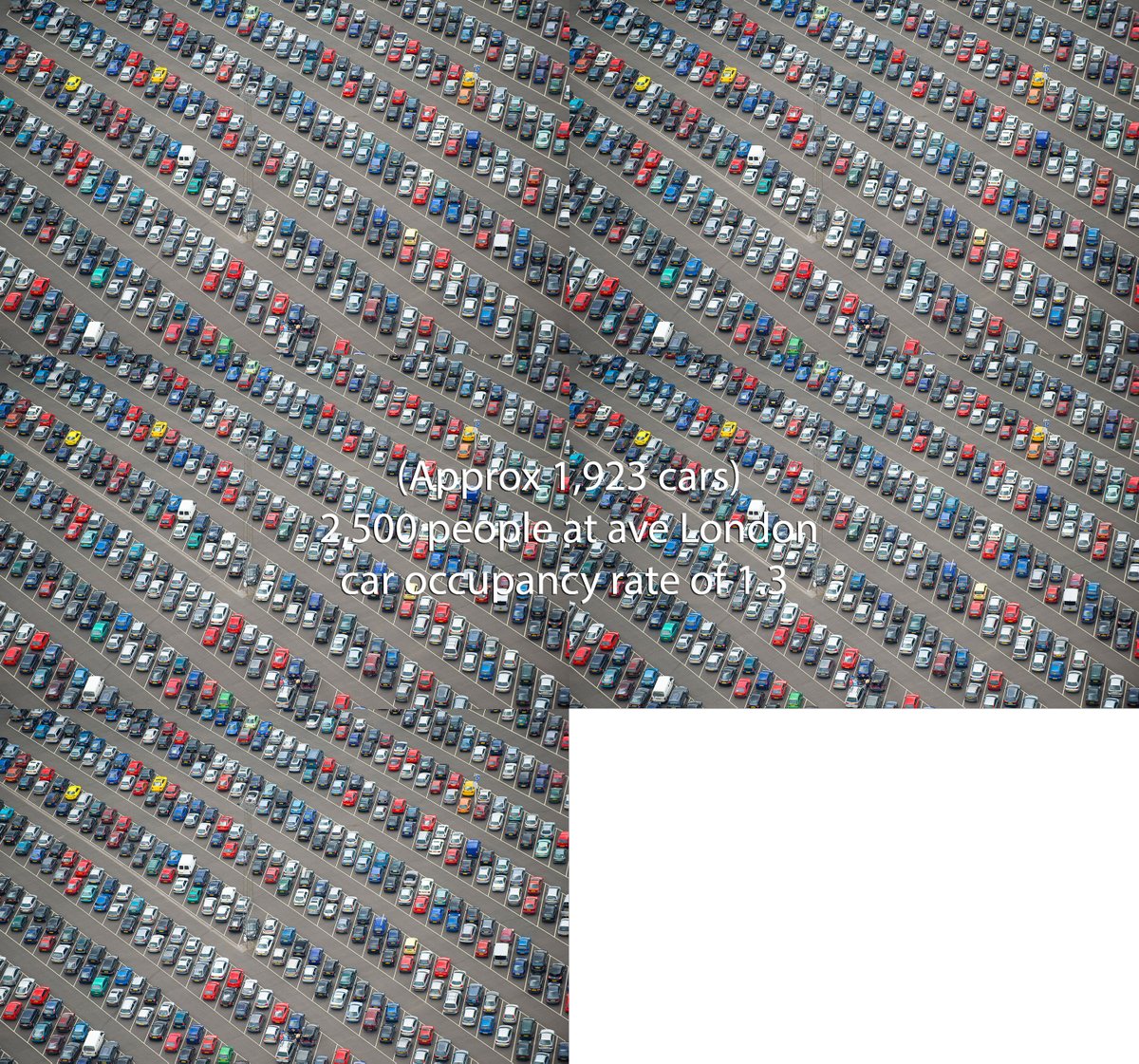
Of course, none of this will change if these vehicles become electric. They will still take up the same amount of space. In fact, the trend for vehicles is that they are becoming bigger. We cannot be fatalistic and assume anything to stop car usage will cause congestion. 

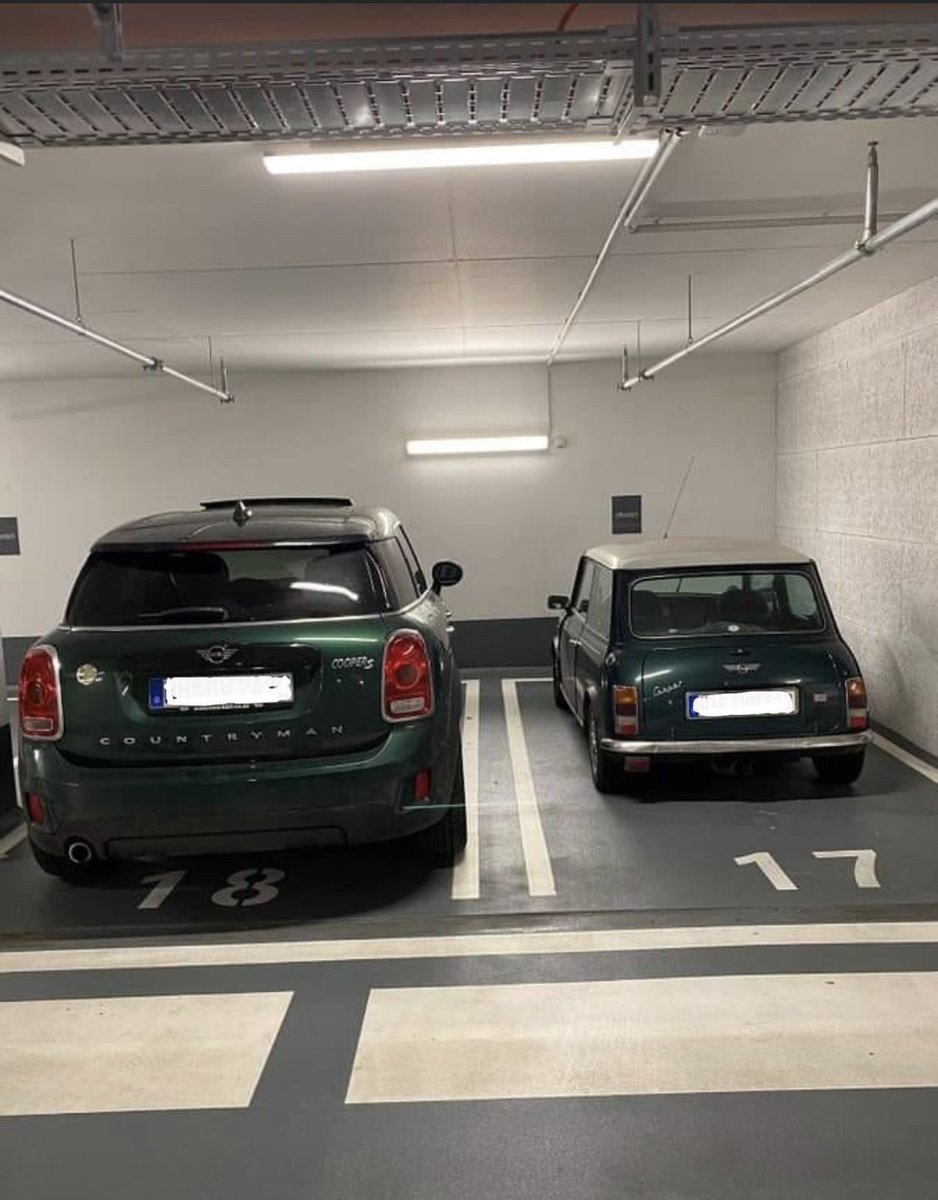
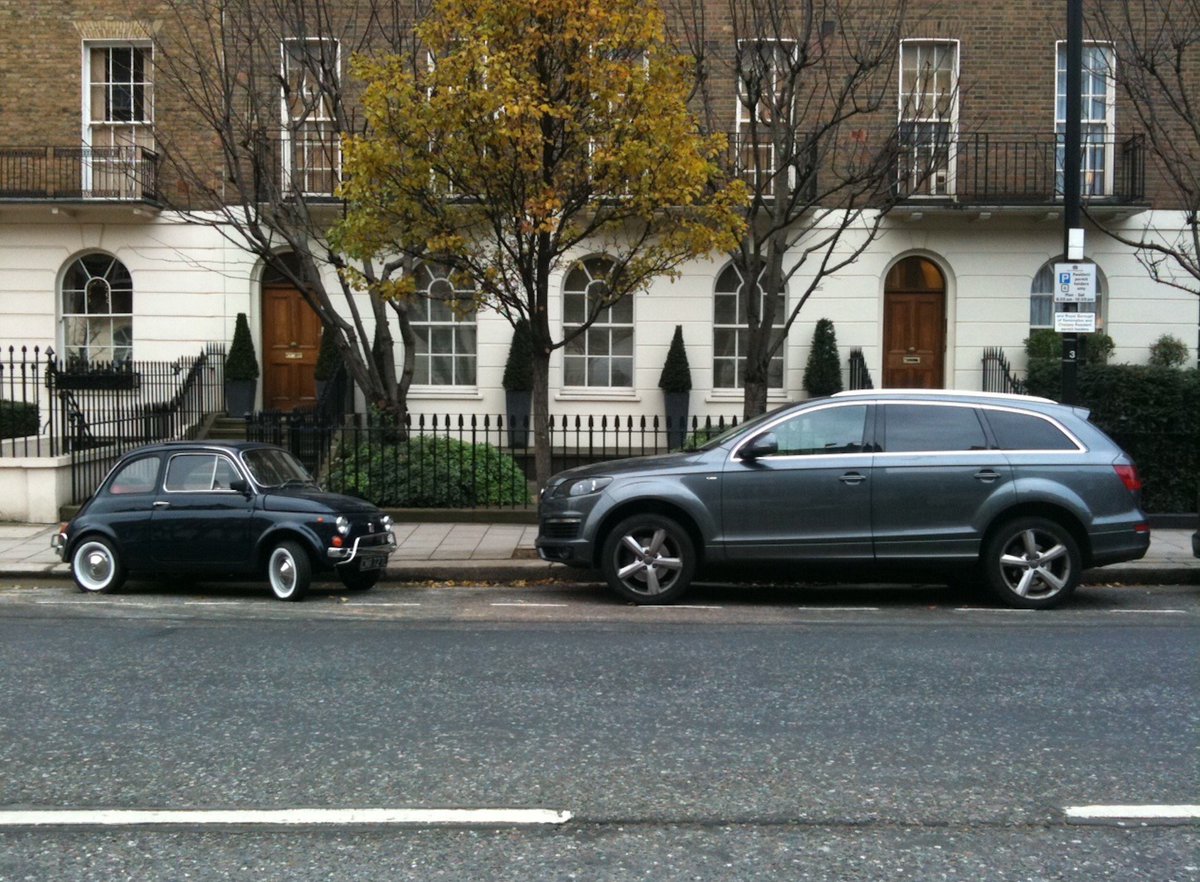
LTNs not only improve conditions for pedestrians but they make it safer to cycle too. Safety is the #1 reason people say why they don't cycle more.
Astonishingly, two-thirds of car trips made by London residents could be cycled in under 19 mins. Source: london.gov.uk/sites/default/…
Astonishingly, two-thirds of car trips made by London residents could be cycled in under 19 mins. Source: london.gov.uk/sites/default/…
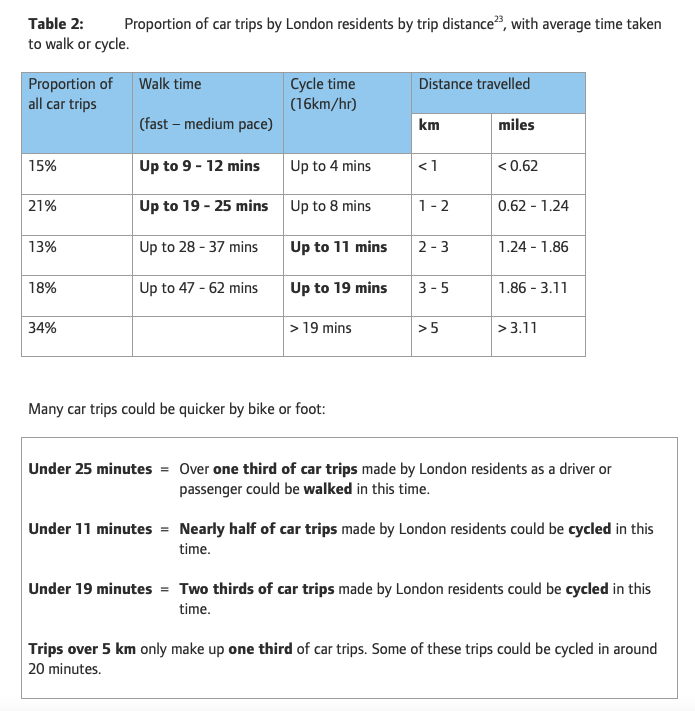
There were children at the front of the march with their parents. Those children, in a pedestrian-first environment, were safe and weren't likely to be in conflict with motor vehicles. How many of those parents would let their child play in the street without removing traffic?
I saw tweets saying there was a "good vibe" at the march and that's not surprising; streets where people can walk and cycle freely and interact with other humans generally feel more hospitable. Conversely, being sat in a car can disconnect you from the community outside.
The march started at 3pm; the video I shared in my first tweet was posted at 4:48pm. This accurately represents a "rush hour" window we might expect post-COVID. If all these people had travelled using cars - Ealing would have ground to a halt - as it has done, even before LTNs.
And this is just 1,200-2,500 people. Ealing has a population of 344,837 - so just 0.34%/0.72% were there.
Now, remember that 40% of journeys in Ealing are made by car. Not everyone will travel simultaneously, but it's very clear why we need to provide people transport options.
Now, remember that 40% of journeys in Ealing are made by car. Not everyone will travel simultaneously, but it's very clear why we need to provide people transport options.
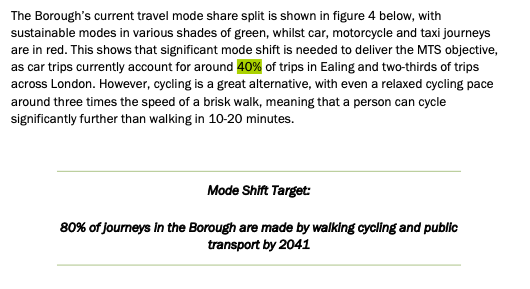
You may ask why I use two figures: 1,200 or 2,500. In the interests of balance, I want to state that One Ealing says that they had 2,500 people on the march. @BetterEaling claims it was 1,200.
https://twitter.com/BetterEaling/status/1386002878196817920
I used to live in Ealing 10 years ago. The Uxbridge Road has always been congested. I lived on Gordon Road and worked next to Ealing studios; amazingly, before I saw the light I would sometimes drive that journey.
The current LTN setup would have changed my behaviour earlier.

The current LTN setup would have changed my behaviour earlier.
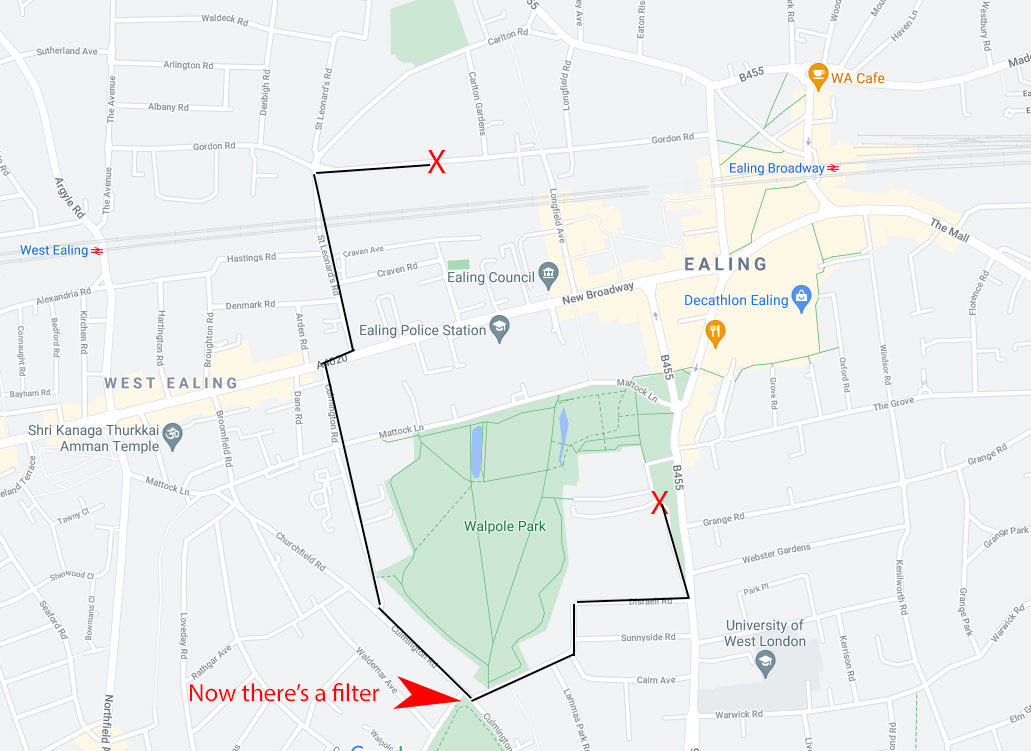
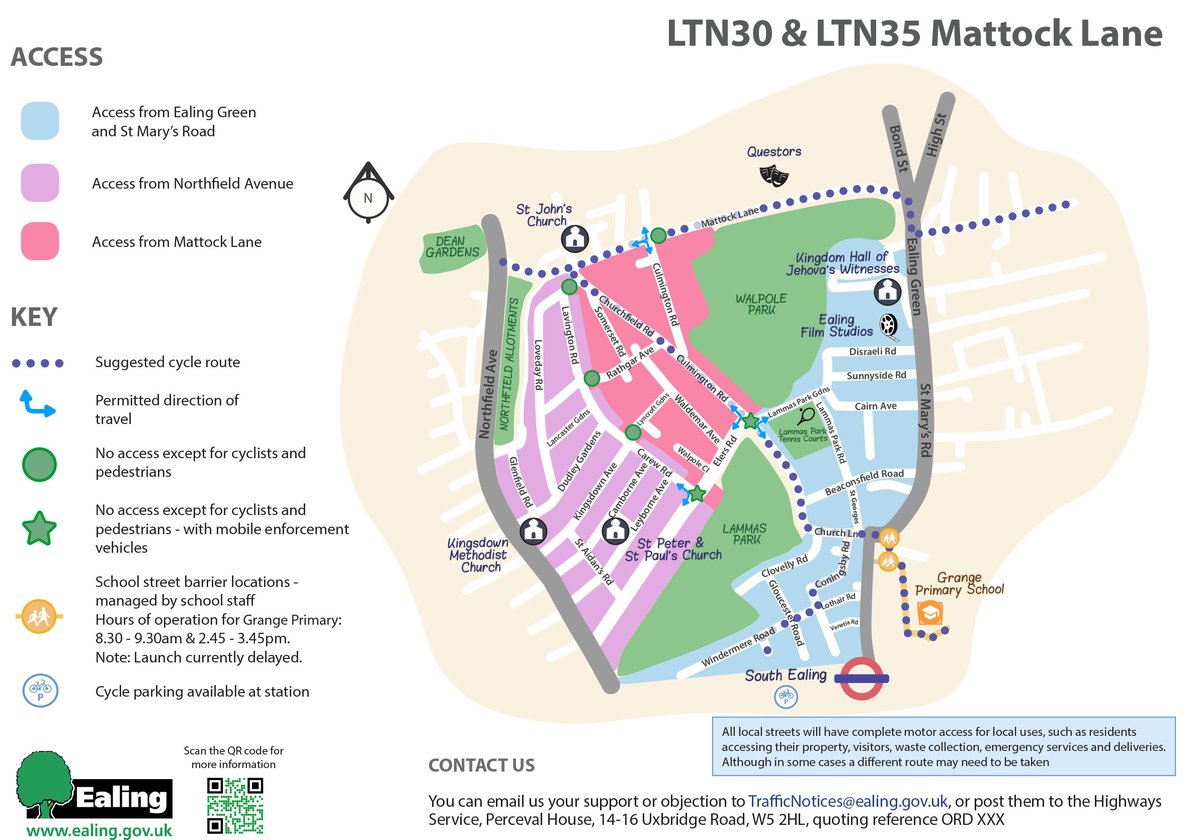
When I did discover cycling for transport, I tried to use quiet streets. There were some - but it was still worrying to cycle on some of the roads which were used as race tracks. Before I even know what LTNs were, I ended up using roads I liked with decades old filters on. 
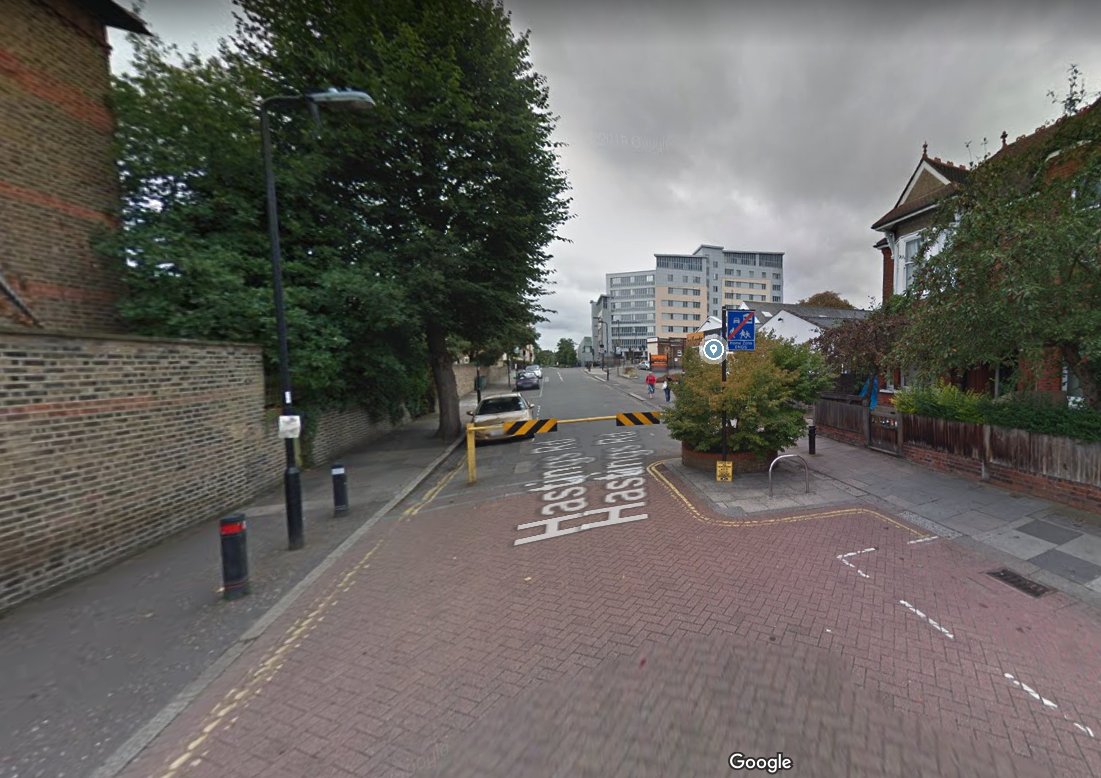
Thinking about it, I owe a lot to Ealing's historic LTNs for getting me into transport cycling. And when I didn't fancy it, the Uxbridge Road's bus lanes gave fairly reliable trips too - except for weekends when car drivers would be able to park in the bus lanes.
Finally, I am not saying everything is perfect. And change is hard. But what's very clear is that just from a space efficiency perspective, we need way more people walking and cycling; LTNs are one of the most cost-effective options available to councils to do this quickly.
• • •
Missing some Tweet in this thread? You can try to
force a refresh







